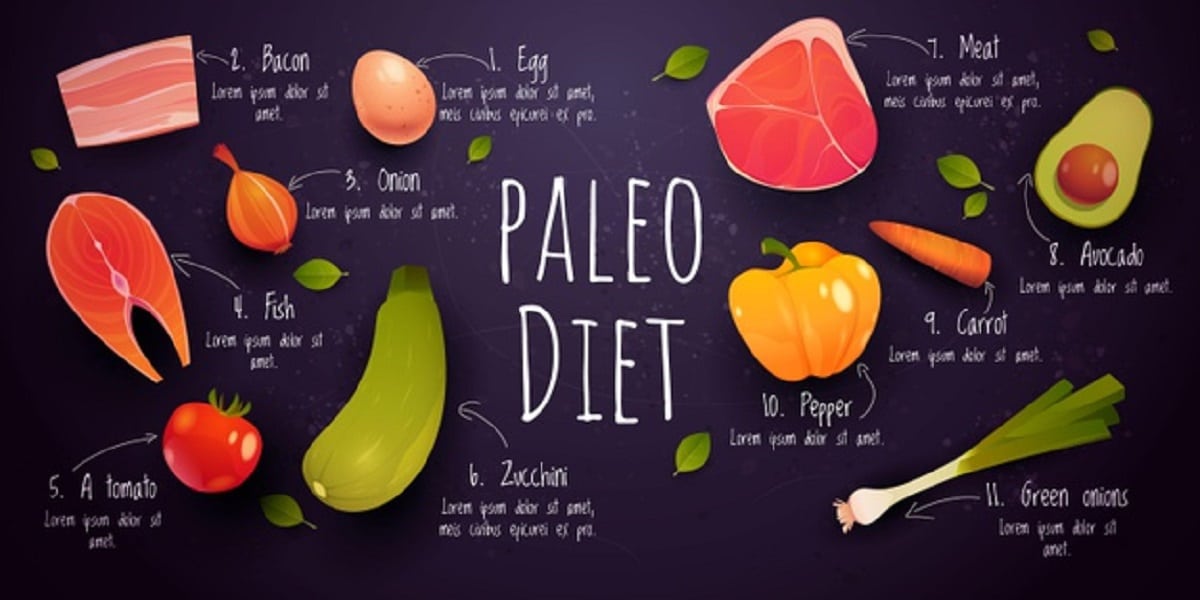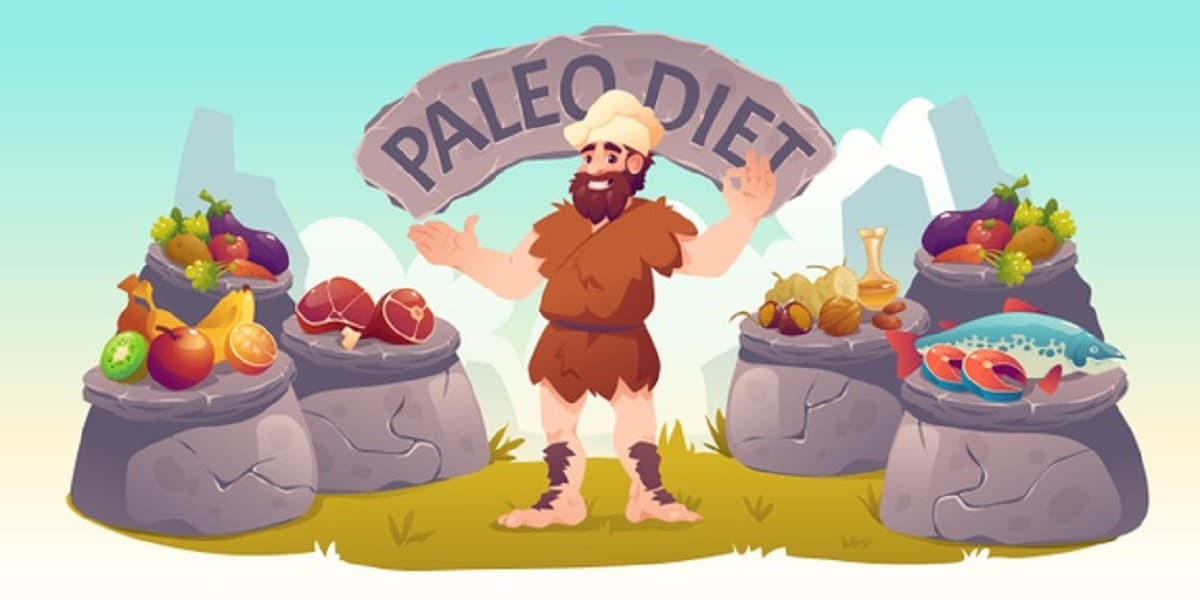
If there is a diet or eating style in trend in recent years, this is the Paleo diet. A way of eating following the customs of the Paleolithic era and that more and more followers follow. This type of diet is based on the belief that the foods that make it up provide the nutrients that the body needs. That is, food that comes from hunting and agriculture.
That in short, it was the basic diet before the Neolithic and sedentary life arrived. Although it is a diet or a type of diet with many benefits, there are also issues to consider, since there are many limitations. For you to discover en what exactly it consists of and whether it really suits your needs, we tell you all about the Paleo diet.
What is the Paleo diet?
In the Paleolithic, the human being was fed with the foods that could be found on earth, such as fruits and vegetables, as well as hunting. Namely, the diet was based on unprocessed foods, which did not include dairy, cereals or any other food that could be manipulated by human hands, since the Neolithic revolution had not yet arrived.
Based on this, the current Paleo diet mimics this type of original diet of man in the Stone Age. Therefore, unprocessed meats, fish, fruits and vegetables are consumed. Any food processed or that has any type of manipulation is eliminated, such as dairy products, cereals, sugar and legumes. As well as any refined product, alcohol or carbonated drinks.
What is the philosophy of this type of food? According to proponents of the Paleo diet, the human body and digestive system has not had time to adapt to all recent eating changes. Taking into account that the food revolution, coming from the Industrial Revolution, is barely two centuries old, it is easy to recognize that there have been many and very drastic changes that the human body has had to face.
Benefits of the Paleo diet
If you are willing to eliminate all kinds of unnatural products from your diet, the Paleo diet can be very beneficial for your health. On the one hand, eliminate sugars, refined, excess substances that the body does not produce or need, helps improve important aspects of health. Among the many benefits of the Paleo diet can be found the following:
- Sugar levels are lowered in the blood.
- All the saturated are removed and the risk of cardiovascular disease is reduced.
- It is ideal for weight lossSince by eliminating sugar, excess fats and processed, the loss of fat is accelerated.
- Perfect for athletes, since the highest protein consumption helps build muscle mass.
- It is satiating and you do not go hungrybecause fruits and vegetables contain large amounts of fiber.
These are the cons
One of the main disadvantages of the Paleo diet is the restriction and elimination of foods. On one side, carbohydrates that are so beneficial and necessary for health are eliminated. In addition to legumes, a source of vegetable protein, as well as essential nutrients such as iron, calcium and folic acid, among others. These are the main disadvantages of the Paleo diet.
- Risk of high cholesterol levels by excess animal protein.
- Aincreases risk of kidney disease, because they must make an effort due to the increased consumption of animal protein.
- The lack of hydrates increases the risk of hypothyroidism. Due to the lack of carbohydrates, the body can reduce the work of the thyroid to save energy consumption, since it is from the hydrates that it obtains energy.
Eliminating processed foods from the diet can be very beneficial, since unnecessary substances such as sugar and chemicals are reduced. However, eliminating foods from the diet carries a health risk, so it is not recommended for everyone. Before following a diet or such a restrictive type of diet, it is advisable to have a complete medical check-up.

